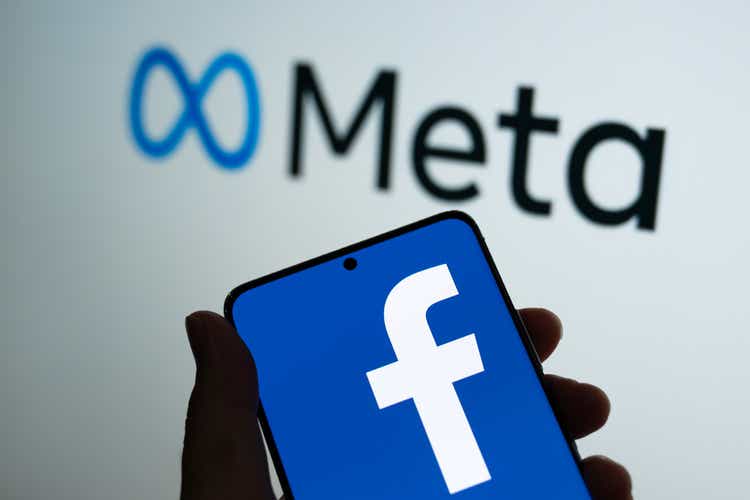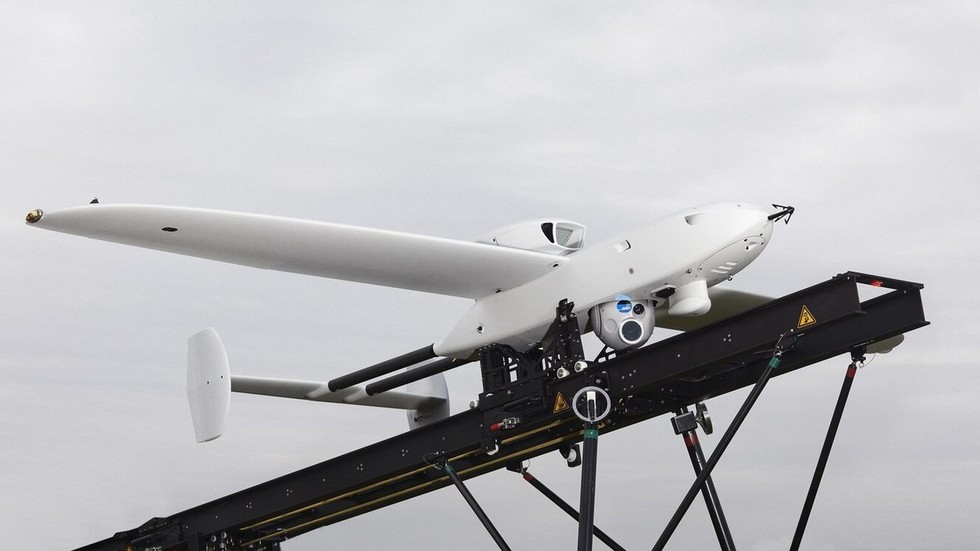Dreyfus said the agreement was “a boon for Australia”, which was only the second country after the UK that has been given such access to US-based data.
Loading
During a three-day visit in Washington, he was also scheduled to meet with FBI director Christopher Wray, Director of National Intelligence Avril Haines, and members of Congress such as Republican Senator Lindsey Graham (a ranking member of the powerful judiciary committee) and Congressman Mike Turner (who sits on the armed services committee).
The trip comes as both countries grapple with escalating tensions due to the Israel-Hamas war, including a rise in antisemitism and Islamophobia, and growing fears of violent extremism and hate crimes.
In Congress recently, Wray warned that hate crimes had skyrocketed across the US, and that the bulk of the cases targeted Jews.
“We’ve been opening I think 60 per cent more hate crimes investigations post-October 7 [when Hamas launched its attack on Israel] than compared to the comparable period pre-October 7,” the FBI director said during testimony before the Senate judiciary committee in December.
A march in support of Palestine in SydneyCredit: Flavio Brancaleone
In Australia, the debate over hate speech targeted at faith-based communities will reignite again in the coming months as the Albanese government prepares to unveil a new religious discrimination bill.
Dreyfus confirmed that Labor would include new measures to protect people from hate speech and vilification based on their faith. There will also be amendments to the Sex Discrimination Act, which currently allows schools to discriminate on the basis of a person’s sexual orientation and gender identity.
“We have committed to removing the possibility of discrimination against staff in religious schools on any basis, removing the possibility of banning discrimination against students in religious schools for any reason, but at the same time, protecting the right of religious institutions to preference people of their faith in the hiring process,” he said.
The attorney-general also noted that during his visit, US authorities had expressed interest in Australia’s foreign interference laws, which ban covert interference in domestic politics and criminalise industrial espionage for a foreign country.
Last year, Melbourne businessman Di Sanh Duong, 68, became the first person to be charged under those laws.
Prosecutors argued at trial that Duong, who pleaded not guilty, had planned to gain political influence with the former federal education minister Alan Tudge on behalf of the Chinese Communist party (CCP) using a $37,450 hospital donation.
“I can’t comment too much on that, because that person is awaiting sentencing, but there’s interest here in the United States in those laws and there’s interest in what we’re doing to counter foreign influence,” Dreyfus said.
Get a note directly from our foreign correspondents on what’s making headlines around the world. Sign up for the weekly What in the World newsletter here.
#AustraliaUS #deal #fight #crime #social #media













